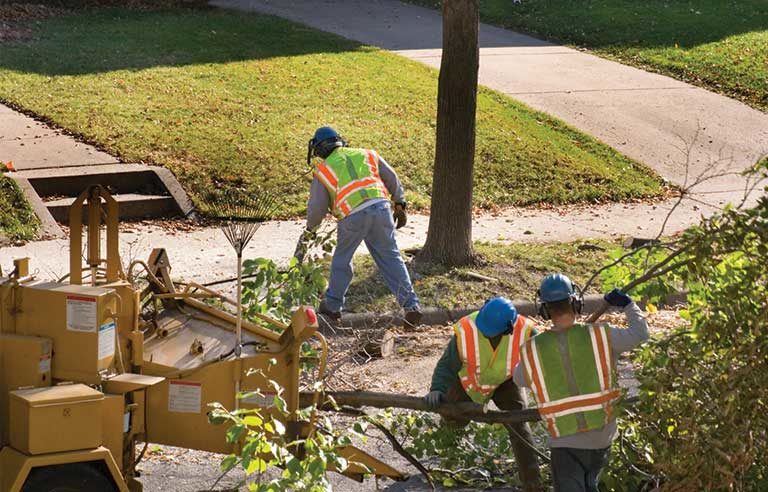New Hampshire law extends injury reporting requirements to public workers

Concord, NH — Public-sector workers in New Hampshire will receive additional workplace safety protections under legislation signed into law May 20 by Gov. Chris Sununu (R).
Set to go into effect July 14, Relative to reporting and investigation of serious injuries and death in the workplace (H.B. 406) requires state agencies, school districts, municipalities and other public employers to report workplace deaths and serious injuries to the state’s Department of Labor within eight hours and 24 hours, respectively. In turn, the department must investigate the incidents and then make recommendations to help prevent similar incidents from occurring.
The legislation, sponsored by Rep. Rebecca McBeath (D-Portsmouth), was spurred by the 2016 death of Tom Wooten, a worker for the Northfield (NH) Highway Department. Wooten died after he was trapped between a tractor and a trailer it was hauling.
Public-sector workers in New Hampshire aren’t subject to oversight and protections from federal OSHA, thus a proper investigation never took place, said Samantha Wooten, the late worker’s daughter.
“The lack of investigation made me feel as though my father’s life didn’t mean as much as someone in the private sector, where OSHA would’ve had jurisdiction,” Wooten said during a public hearing on the bill, according to an Associated Press report.
Deputy Labor Commissioner Rudy Ogden reportedly said during the hearing that his department supports the legislation, but cautioned that it can’t perform investigations on the same level as federal agencies.
“The department is trying to do better relative to safety,” he said, according to the AP report. “I would note that we are not OSHA. We do not have the funding or the training.”
Post a comment to this article
Safety+Health welcomes comments that promote respectful dialogue. Please stay on topic. Comments that contain personal attacks, profanity or abusive language – or those aggressively promoting products or services – will be removed. We reserve the right to determine which comments violate our comment policy. (Anonymous comments are welcome; merely skip the “name” field in the comment box. An email address is required but will not be included with your comment.)

